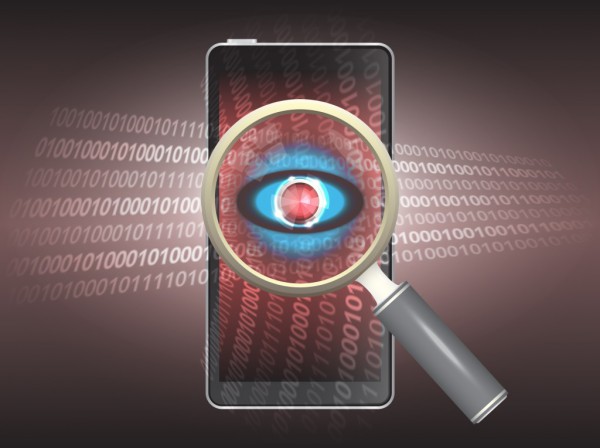New York is trying to force backdoors into phones with legislation

Cryptography has become popular in the post-Edward Snowden era. Everyone seems to be worried about being spied upon and is looking for ways to avoid it. While the majority of users likely have nothing to hide, it's still a creepy feeling to know that someone can, and possibly is, checking what you say and do.
There has been a lot of talk about adding backdoors, mostly from those who want to spy and those who simply don't understand the technology. The latest of this is currently taking place in New York.
Legislation has been proposed in the state and it can be viewed here. This actively pursues phone makers like Apple and Google and would like to slap these companies with a fine for each phone sold if each do not comply. It's not cheap, either -- $2,500 per handset.
"Any smartphone that is manufactured on or after January 1, 2016, and sold or leased in New York, shall be capable of being decrypted and unlocked by its manufacturer or its operating system provider".
The proposed bill sounds very familiar -- it's a lot like the Investigatory Powers Bill in the UK, which has support from Prime Minister David Cameron. Worse, it's similar to a proposed law in China, though that was later dropped. The Netherlands, on the other hand, has stated that it is against such legislation.
Apple's Tim Cook has pointed out the inherent problems with the idea of backdoors:
Here’s the situation… on your smartphone today, on your iPhone. There’s likely health information, there’s financial information. There are intimate conversations with your family, or your co-workers. There’s probably business secrets and you should have the ability to protect it. And the only way we know how to do that, is to encrypt it.
Why is that? It’s because if there’s a way to get in, then somebody will find the way in. There have been people that suggest that we should have a backdoor. But the reality is if you put a backdoor in, that backdoor’s for everybody, for good guys and bad guys.
This bill has a lot of hurdles to leap before it can actually pass and become law. Let us hope one of those jumps causes it to stumble.
Image Credit: LovePHY / Shutterstock
